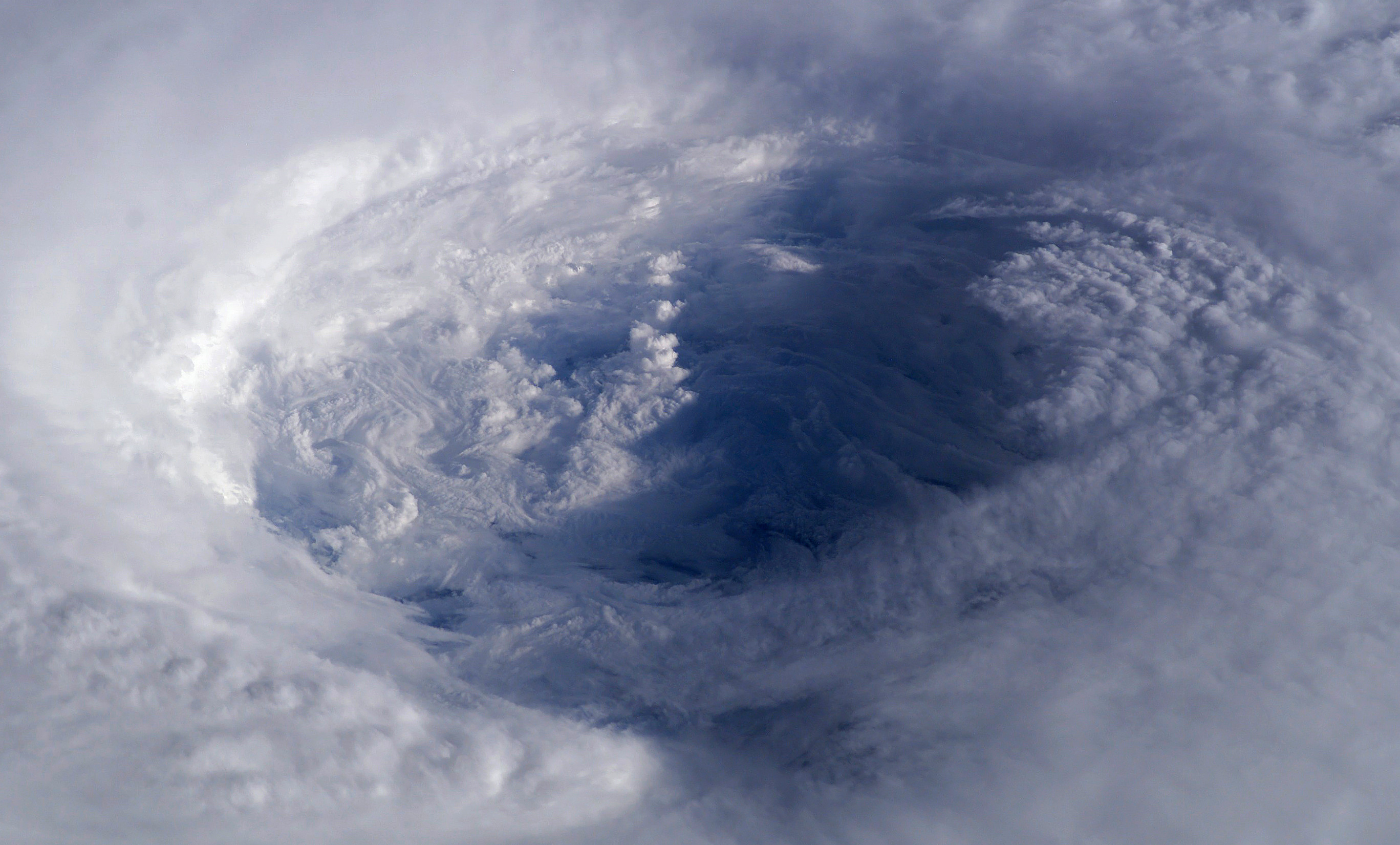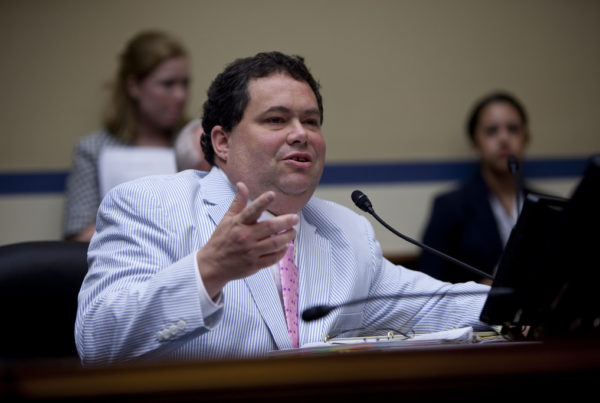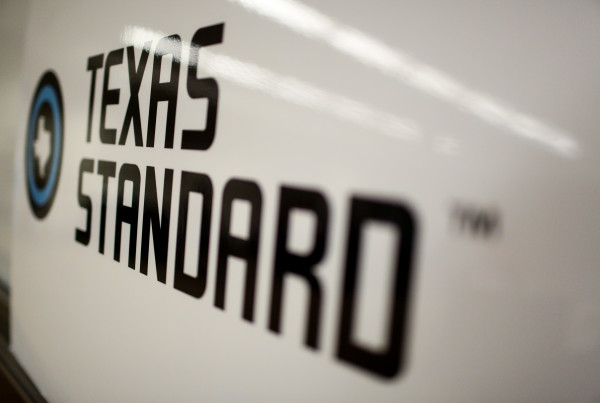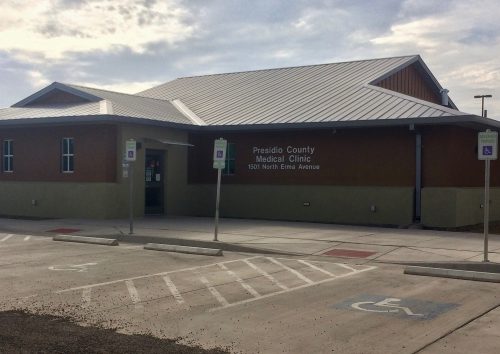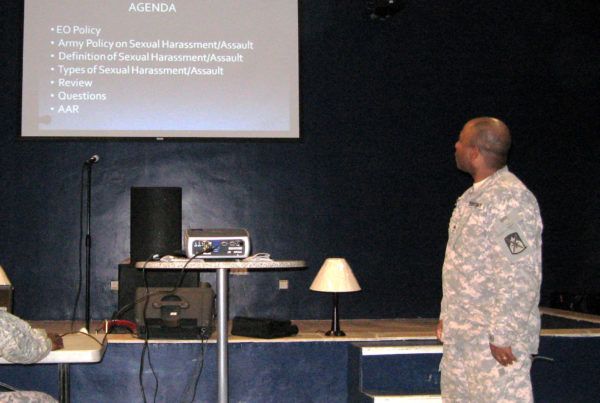What can we learn from hurricanes Harvey, Irma and Maria? To answer that question, and to facilitate planning for future storms, seven universities in Florida, Louisiana and Texas are pooling their money to put together what could be a first-of-its-kind center for hurricane research.
Amr Elnashai, who is helping to create the institute, which is called HuRRI, is vice president for research and technology transfer at the University of Houston. He says the need for the Hurricane Resilience Research Institute stems from frustration over scattered efforts at understanding how storms impact the Gulf Coast.
“We have decided that enough is enough. We have seen this piecemeal response,” Elnashai says “[In some] aspects we get better and better all the time, but really in a piecemeal fashion. And this time, we want to address the whole thing, from the occurrence of a hurricane to the physical impact, to the consequential societal impact, to mitigation, to response, to recovery.”
Elnashai calls the collaborative effort a “bold vision.” He says bringing seven institutions together in this way is unusual.
“In general, in engineering and other fields, the systems view is prevailing nowadays,” Elnashai says. “We want from component solutions to systems solutions.” That means working together to create solutions that address all entities and infrastructure affected by a storm, not just the energy network or flood control, for example.
Texas members of HuRRI include the University of Houston, Texas Tech, Rice Universiy and the University of Texas-Tyler.
Written by Shelly Brisbin.


